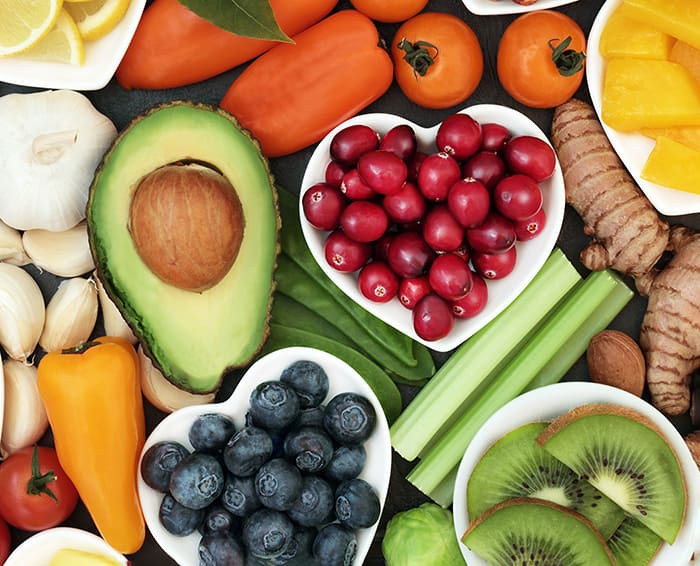 Gastrointestinal (GI) problems such as constipation and diarrhea are common among athletes, especially long distance runners. This problem can be physical, nutritional, situational or often a combination of all three. To start, here are a few things to experiment with before you work out. You’ll want to experiment as much as possible with your training workouts, to have your regimen perfected for competition.
Gastrointestinal (GI) problems such as constipation and diarrhea are common among athletes, especially long distance runners. This problem can be physical, nutritional, situational or often a combination of all three. To start, here are a few things to experiment with before you work out. You’ll want to experiment as much as possible with your training workouts, to have your regimen perfected for competition.
- Consume liquids, such as a sports drink instead of solid foods like a bagel.
- Decrease the amount of fiber in your daily diet (e.g., limit bran cereal, beans, fruit and salad).
- Reduce or eliminate suspect foods such as coffee or milk.
- Avoid caffeine and high fat foods for at least 3 hours before running.
- Drink plenty of water. Dehydration can cause diarrhea.
- Use caution with energy gels and bars. In some people, these products contribute to diarrhea.
- Exercise in the morning before you eat much as opposed to the afternoon
- Eliminate Aspirin, Advil,Motrin or other similar nonsteroidal anti-inflammatory drugs
- Experiment with antidiarrheal medication such as Immodium.
Fear of Constipation?
Increase the fiber-rich cereals and breads with plenty of fresh fruits and veges in your diet. Drink warm liquids in the morning to encourage regular bowel movements.
Struggling with Diarrhea?
You need to pinpoint what is triggering the diarrhea. Chart for at least a couple of weeks all of the food and liquid you ingest along with the times you exercise and when you experience the problem. Be sure to include sugar free gum and candies that contain sorbitol, a type of sugar that can cause GI problems. You should also eliminate other possibly hard to digest foods such as milk, broccoli, onions, corn, kidney beans and sorbitol for a week to see if problems go away. Then add them back one at a time to find the culprit.
Some athletes, never find the source of the problem and in some cases it is simply too much intense exercise too quickly for newer athletes. To address this problem, back down the intense exercise and increase in the training program more slowly so that the body can slowly adapt.
Too Much Carbohydrate?
In a study of trained female cyclists, who did 2 hours of hard cycling, consuming a beverage containing 60 grams of glucose (240 calories) per hour, resulted in the highest amount of carbohydrate being used. When the women drank 90 grams carbohydrate per hour, performance did not improve likely because fuel sat in the stomach unabsorbed and contributed to intestinal distress. With lower carb intake few women complained of feeling bloated, with water only one complaint. Perhaps using a variety of carbohydrate would have had even fewer complaints.
 Athletic Mentors
Athletic Mentors